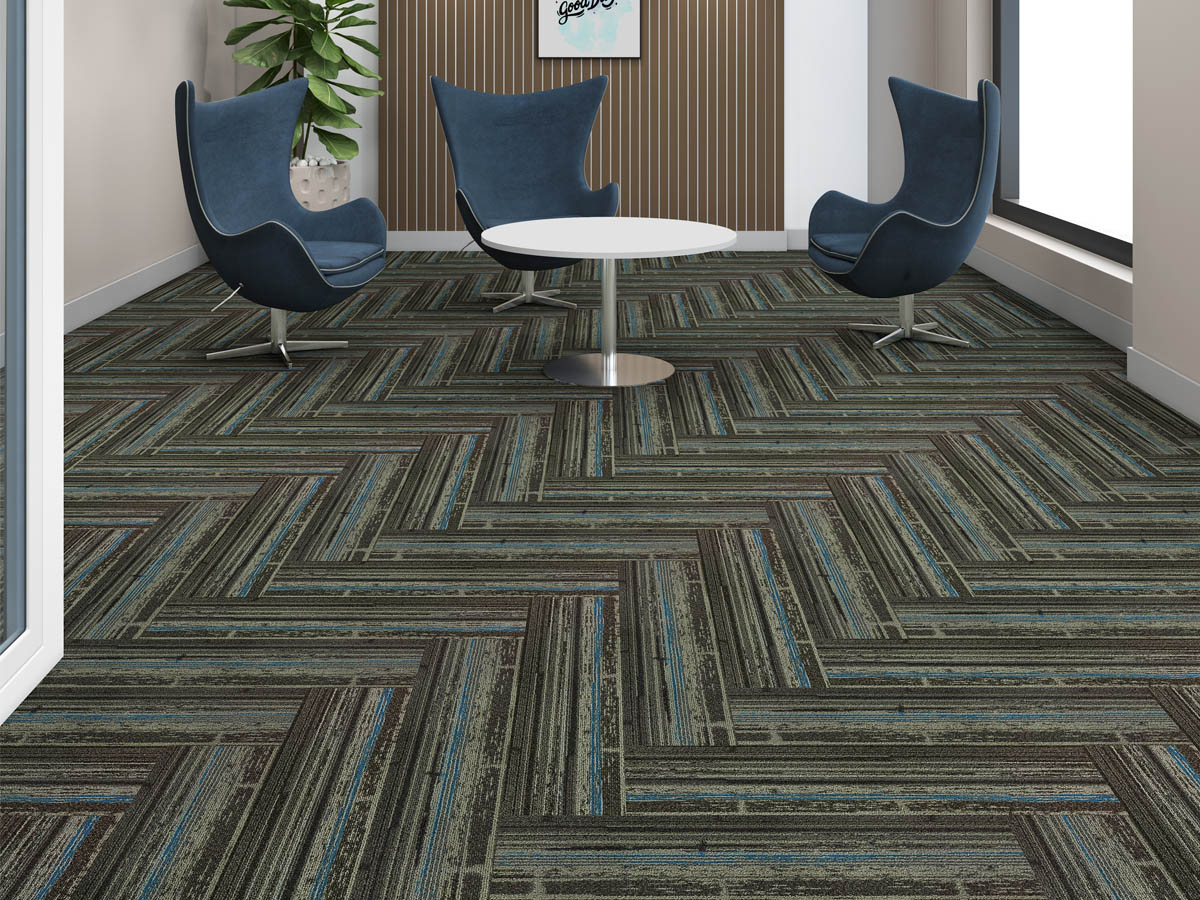
Waterproofing Resin – Prices, Advantages and Disadvantages
Waterproofing resins can solve a number of problems that would otherwise require longer and more expensive interventions. This is the case, for example, of infiltrations from terraces and balconies . Replacing the waterproofing membrane requires demolition of the floor and screed, with a rather dirty and noisy construction site Carpet flooring in Tallahassee, FL
The waterproofing resin can also be used to create pleasant solutions for bathroom and kitchen cladding, without using tiles or even overlapping existing tiles.
Transparent waterproofing resin is also widely used to treat wood, increasing the durability and resistance to atmospheric agents of outdoor wooden floors, verandas, pergolas, canopies, parapets and outdoor furniture.
In this study we will talk about the prices of resin-based waterproofing products. In addition, we will learn more about how to waterproof the terrace and what are the advantages and disadvantages of resin compared to other solutions.
Waterproofing products: prices
The waterproofing resins can be one-component or two-component, depending on whether they can be applied directly or if they need to be activated by mixing them with a product called hardener .
One -component resins are mainly used to waterproof terraces. On the market there are different types, including walkable and tileable, to be used alone (fiber-reinforced resins) or to be reinforced with fiberglass nets. Some can also be anti-radiation, able to reflect the sun’s rays by lowering the temperature of the substrate on which they are spread: the ideal solution for roofing terraces, because it helps to reduce the cooling consumption of the attic rooms.
The two- component resins , on the other hand, are used above all to create decorative coatings for interiors, also because they do not require particular ventilation conditions or the use of masks with filters.
The single-component finishing products are also excellent for those looking for a good waterproofing resin for wood , because they are generally very elastic and do not yellow. The cost is about 2 euros / sq m to which the application costs must also be added in this case.